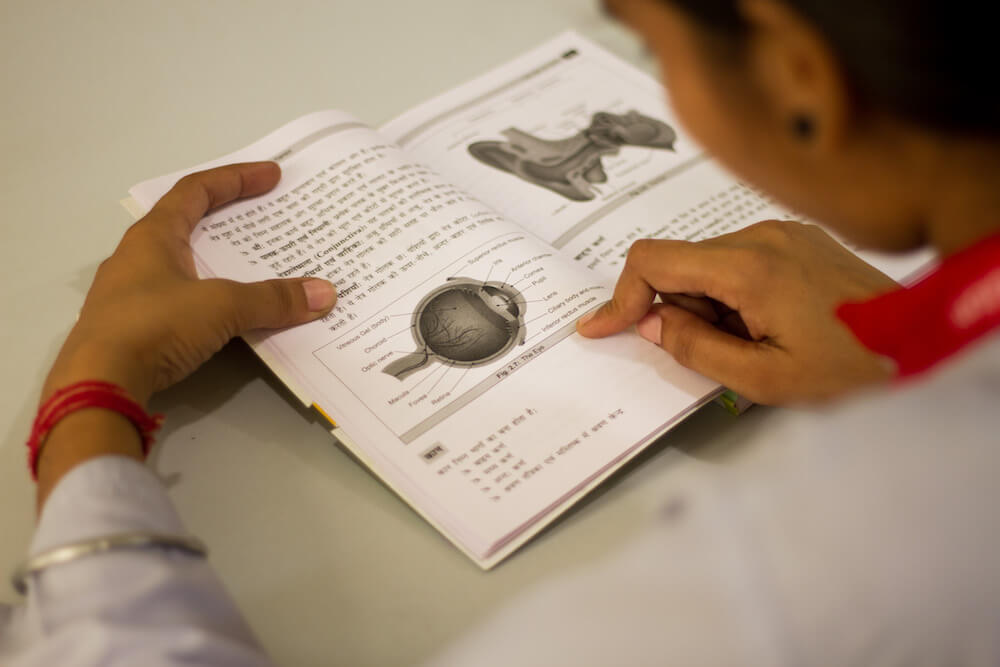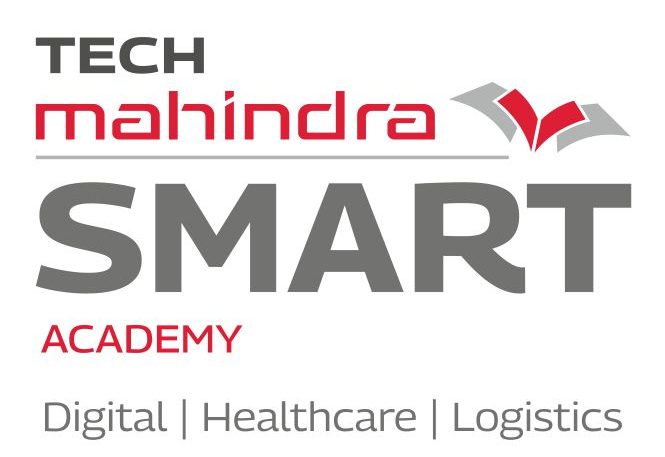Medical Terminology is the study of the words used to describe the human body. It helps to learn the proper phrases or terms of the major diseases and pathological conditions as well as each system of the body. This is the language that healthcare professionals use to describe symptoms, diagnoses, tests that need to be ordered and carried out and medical procedures. Professionals working in the healthcare industry use medical terminologies in their day to day activities.

Purpose of Medical Terminology
Let us try to understand the purpose of medical terminologies and how it helps the healthcare professionals in their professional lives:
- The purpose of medical terminologies is to create a standardised language for medical professionals. This language helps medical staff to communicate more efficiently and makes documentation more manageable.
- Enables staff to save time by ensuring they don’t have to explain the complex medical condition in plain English and focuses on the treatment of patients.
- Helps to reduce errors from poor communication or poor documentation. This ensures the staff review a patient’s medical data and begin diagnosing and treating the patient.
- Medical terminology is complex, but it is also important to be able to break down words and understand their roots, prefixes and suffixes to prevent any misunderstandings or errors.
- These terminologies are universal to the healthcare or medical industry. It is their very own language and it helps them understand completely what is happening or what has to be done to help a patient. This language should not just be limited to doctors, nurses and medical practitioners, but also for the other healthcare workers as well.
The need to understand Medical Terminology
It is often asked by healthcare aspirants that why medical terminology is so important for all healthcare professionals. Let us try to answer why it is important to learn medical terminologies:
- While measuring medication doses,
- Caring for home residents or working as a receptionist,
- While working in an environment where a basic comprehension of medical terms is required, and many more.
In short, it is important to understand medical terminology by all working in the healthcare industry.
How to learn Medical Terminology?
Learning medical terminology is not impossible and most people use the most effective memorization techniques. There are various ways of remembering medical terminologies, such as:
1. Memorize medical terms with visuals: Improve the learning curve immensely by associating an image with each term. This acts as a cue when trying to recall the medical term. Our brains are hardwired to save most information as images. So the trick is to give something simple and familiar which associates with the term, no matter how strange the path is, the key here is to create an image that is meaningless, and unrealistic. The mind forgets the ordinary while the unusual thing gets remembered.
2. Learning medical terminology – Games, Apps and Tools: There is no need to carry heavy books and flashcards all the time. There are a number of apps that can help to train memory and explore different learning techniques on the go, such as:
- Flashcards for Medicine: This application illustrates so-called lists in medicine and short notes for complex topics. They include the most difficult sections to memorize in medicine.
- Create customized card sets choosing from selected topics you want to learn.
- Taber’s medical dictionary with several medical terms, photos, audio pronunciations, videos, and patient-care statements.
- A pocket glossary contains frequently used medical terms, phrases, and definitions that are concisely written for quick and easy review.
- Medical terminology and abbreviations: Abbreviations, prefixes, and suffixes to help memorize and understand complex medical terminology.
- Med term scramble: Free game test knowledge of medical terms. Available for Android devices.
- Eponyms (for students): A short description of common and obscure medical eponyms.
- Learn medical terminology: App to understand the language of medicine. It contains lists of prefixes, roots, and suffixes
- Medical terminology A-Z offline: Medical Terms and Dictionary with common and uncommon words, terms, and phrases. Used by physicians, nurses, medical students, nursing students and more.
- Anatomy cards Anatomicus: The anatomy flashcards application is useful for medical & nursing students as well as anyone interested in human body anatomy and medicine. Learn the locations of the parts of the human anatomy system which is illustrated in the diagrams.
3. Learn Latin Roots: The basic components of each term are root word prefixes and suffixes, break a word into its components understand its meaning. Most of the medical terms come from Latin or Greek. Most words are just too long and sound too unfamiliar to remember. There is no need to learn words one by one. Focus only on the common Latin or Greek roots, prefixes, and suffixes instead.
4. Bulk learning using self-made acronyms: Memorize a group of similar or related medical terms by creating acronyms. Just take one letter of each word and form a single new word or a phrase.
Creating acronyms takes a little bit of imagination and creativity, but it is extremely effective. To get started, just take a group of related words, look at their first letters and rearrange them to form something new that is easy to remember.
Example: If you wish to memorize the causes of “erythema nodosum” (definition: inflammation of the fat under the skin). This condition is usually caused by drugs, infections, pregnancy, OCP, ulcerative colitis or tuberculosis. Take the initial letter of each cause and see if it creates a meaningful word or phrase, then get the acronym: DIP OUT.
5. Guides and Workbooks to Study Medical Terminology: As an alternative to heavy medical books and dictionaries, there is a number of guides that provide the same information but in an extremely easy-to-understand way. There are a few books that have been heavily optimized with the clear goal of not only teaching the medical terminology but also making sure to effectively memorize it. Some of the books are as follows:
- Medical Terminology for Dummies
- Medical Terminology: A Living language
- Quick Medical Terminology: A self – teaching guide
- Medical terminology: The best and most effective way to memorize, pronounce and understand medical terms
- Medical terminology made easy
- and many more books are available.
6. Memorize Medical Terms with Free Online Classes: There is medical terminology online course for free. These courses supplement knowledge regarding medical terminology, by taking additional courses and using the various online learning tools it is easy to memorize medical terms.
Benefits of learning Medical Terminology
Medical terminology is important for many reasons.
- Knowledge of medical terminology is the core competency that makes you stand apart: Studying medical terminology sets the foundation for greater success in nursing and other healthcare-related degree programs.
- Better understanding and grasping of daily tasks: People in clinical and nonclinical positions within a healthcare system expected to use medical terminology to understand what is being read, written, billed or communicated during day-to-day job duties.
- Effective communication tool: It allows all healthcare professionals to communicate in one language.
- Key to avoid medical errors: One small mistake can make a big difference, if given the wrong medication or given the right medication the wrong way, so need to understand medical terms.
- Time-saving and concentration on core clinical activities: Common abbreviations are used in patient records. This helps doctors and nurses write quickly and efficiently in the records, it allows reading and understanding the records quickly.
- Increase clinical service efficiency: Understanding medical terminology improves job performance.
- Improving patient safety: Quality communication among all members of a healthcare team improves patient safety by reducing the number of mistakes.
- Easy documentation and communication: Medical terms use abbreviations and terms that can be easily written down and are especially useful in a fast-paced work environment. Medical practitioner’s deal with many patients on a day-to-day basis and since medical terms are standard, those abbreviations will still be understandable by other medical practitioners.
Medical Terminologies at Tech Mahindra SMART Academies for Healthcare
The Tech Mahindra SMART Academies for Healthcare offers 15 courses that focus on training skilled allied healthcare professionals. Our experienced and trained faculties do understand the importance of medical terminologies as mistakes and misunderstandings can be life-threatening in the field of healthcare. The trainers help our students to understand and memorize medical terminologies so that there is no room for error. In the medical field, one small mistake can make a big difference in a patient’s life.



